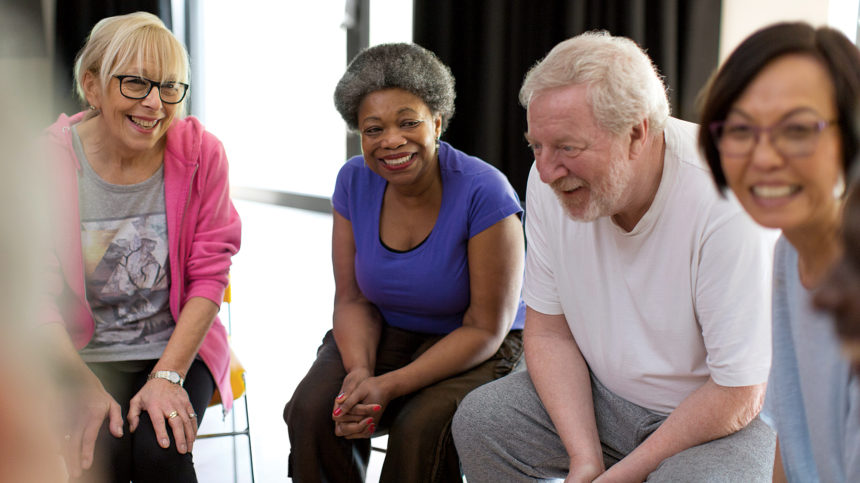
Cardiovascular rehabilitation programs can improve health and quality of life for people after a cardiac event, but a new study finds women in some areas of the world are not able to access it.
A study published Sunday in The Canadian Journal of Cardiology said that women faced many obstacles to attend the programs. Cardiovascular rehab, or cardiac rehab, not only helps people regain strength, but the service can lower rehospitalization and death. It is geared for people who have experienced heart failure, heart attack, heart surgery or angioplasty. The services involve counseling, exercise and education to improve knowledge about living a heart-healthy lifestyle.
Sherry Grace, PhD, director of Research of Cardiac Rehabilitation at the Peter Munk Cardiac Centre at York University in Toronto, led the research. Grace’s team used the Cardiac Rehab Barriers Scale to gauge the barriers that are stopping women from receiving the full benefits of cardiac rehab. Grace’s team examined data on 2,000 people in 16 countries based on an online survey. Information sources were Africa, the Americas, South East Asia, Europe, the Eastern Mediterranean and the Western Pacific.
Men and women alike had barriers to using cardiovascular rehabilitation, but females in the Americas experienced more obstacles than men, according to the data. Women with the highest burdens were in the Western Pacific and Southeast Asia. Women who weren’t employed had more barriers to using cardiac rehab than women who held jobs, the data showed.
“The benefits of cardiac rehab participation are remarkable, plus patients get back their vitality and can return to their meaningful life roles. Unfortunately, women face many structural barriers to attending — from the individual to health system levels,” Grace said in a statement.
“Cardiac rehab has been shown to be the single most beneficial intervention after someone has developed symptomatic heart disease. Above medications and procedural interventions,” Shannon Hoos-Thompson, MD, a cardiologist at The University of Kansas Health System who was not involved in the new study, told Medical News Today.
Women who weren’t in a cardiac rehab program said they had barriers including not knowing the programs were offered, costs and avoiding it due to exercise being painful or tiring. Women already enrolled told the researchers that family obligations, distance to the centers and transportation issues prevented them from attending.
The study also gave people solutions so they could try to access cardiac rehab programs. Some solutions included home-based rehab, or talking to healthcare professionals.





